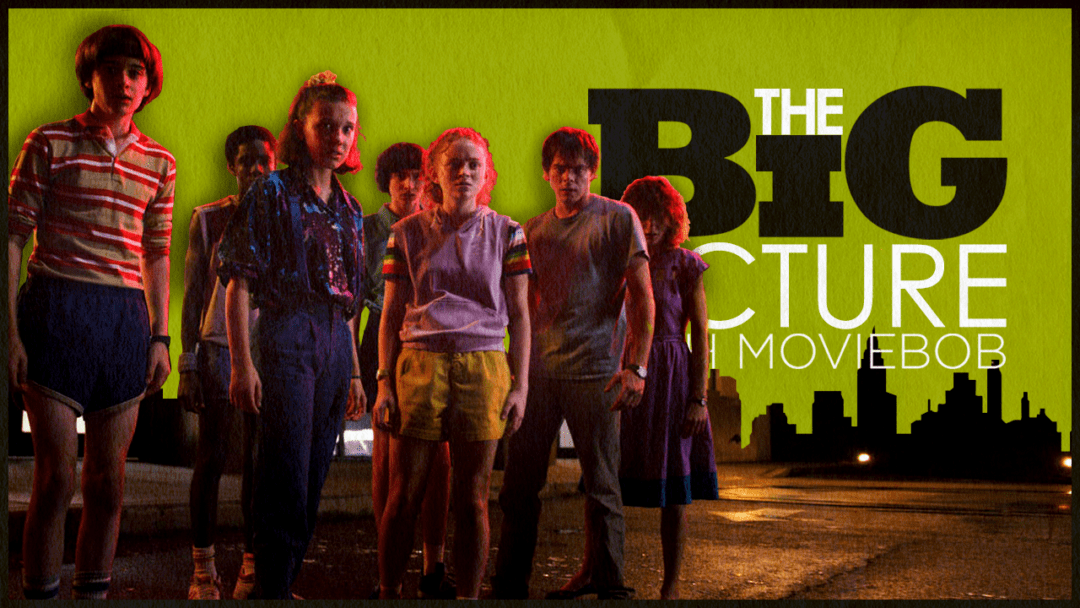Despite sounding on paper like a project that was plotted out by throwing armloads of Funko Pop figures down a flight of stairs and marking off plot points based on which characters landed where, Stranger Things turned out to be a strong series with real heart, solid drama, and terrific young cast. But inevitably the deeper discourse ends up focused on the same thing the marketing does: All that highly marketable nostalgic goodness — and whether or not modern media spends too much time living in the past.
Once upon a time, monetized nostalgia would come and go in cycles, first as a genuine callback for those with authentic memories of the past and then as increasingly abstract fetishism for subsequent generations. But the nostalgia cycle for the ’80s and ’90s both seems to have lasted far longer than one would’ve initially suspected. It’s been theorized by some that part of that is that they represent the last generations of analog popular culture to require nostalgia for archival purposes.
This is The Big Picture with MovieBob, talking about Stranger Things and nostalgia.






Published: Jul 8, 2019 01:25 pm